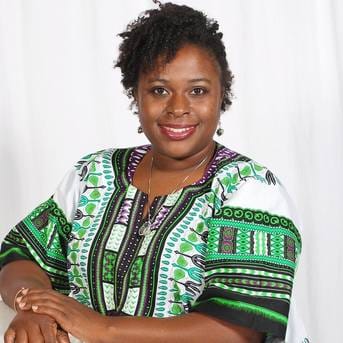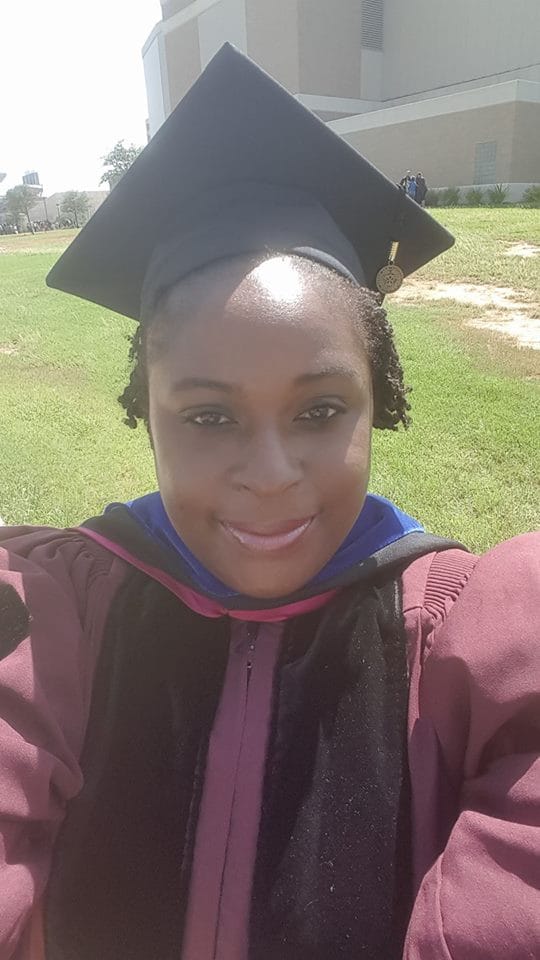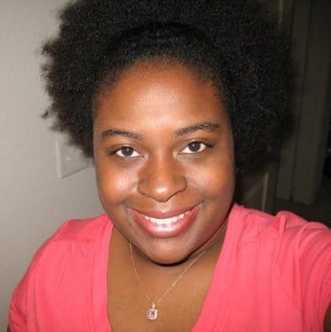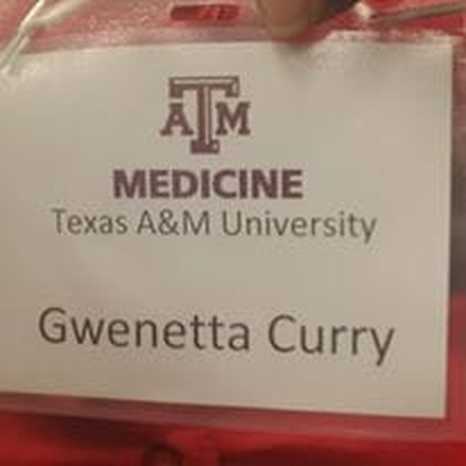Dr. Gwenetta Curry
My First Semester as an Assistant Professor
Dr. Mike Robinson: What does it mean to be an Assistant Professor?Dr. Curry: The position of Assistant Professor is a university professor who has not yet been granted tenure. Assistant professors are hired on what is known as a probationary period. This can last from six to seven years depending on the institution. As an Assistant Professor, your job is to excel in the following areas: research, teaching, and service. Successful fulfillment of these requirements is necessary to be recommended yearly for retention. In other words, every year an assistant professor is assessed to make sure he or she is meeting their obligations for the position. Depending on the research classification of the university or college, research may be weighed more heavily than teaching. Assistant professors are expected to publish peer-reviewed academic articles and books, obtain good student evaluations, and complete service to the university and their department to obtain tenure. Attaining tenure is the gold standard of most modern universities because it means your peers at various universities across the country or the world have recognized your contributions and interventions in your specific area of study. Once you are granted tenure, you are promoted to the rank of Associate Professor and are ideally guaranteed employment at your institution, or comparable institutions, until you retire.
|
Dr. Mike Robinson: What were some of the challenges and how did you overcome them?Dr. Curry: Some of the challenges I faced on my journey to becoming an Assistant Professor were largely associated with being a first-generation college student. Neither one of my parents went to college, so I was pretty much on my own filling out FAFSA and college applications. During my freshman year at North Carolina A&T State University, I joined Zeta Phi Beta Sorority. My sorority sisters became a source of strength for me. I also worked for my advisor in his research lab where I learned some technical skills and created connections for me to attend Southern Illinois University for my master’s degree in animal science. It was a challenge for me to move to Illinois and being far away from all of my family and close friends. To my knowledge, I was the first Black person to obtain a master’s degree from the Animal Science department at Southern Illinois University of Carbondale. It was not an easy journey but I made it through with a lot of determination and the assistance of my advisor. After completing my master degree I did not feel like a Ph.D. was something attainable for me, and I just wanted to get a job and work in the private sector as a food scientist.
|
With my husband’s support and encouragement, I decided to attend Texas A&M University for my Ph.D. in Sociology. While working on my Ph.D. I had two beautiful little girls which created more challenges for me to complete my work but also gave me an extra push to finish. Writing a dissertation is something most of my family could not relate to, and most of them thought that finishing course work meant you would be finished with the degree. It was challenging not to be able to talk to your family about the trials that you face in college. I was lucky to have a spouse that knows about the Academy and could help guide me through the process. As in undergrad, my advisors during my masters and doctoral programs were very supportive and helpful to me completing my degree as well as training me in the field of Animal Science and Sociology.
|
|
|
Dr. Mike Robinson: What advice would you give others aspiring to become Assistant Professors?
Dr. Curry: The advice I would give other scholars aspiring to become an Assistant Professor is to be sure to pick an advisor who supports your ideas and the vision you have for your dissertation. Also, attend and present at conferences in your discipline to create a network of people who would be willing to write a letter of recommendation or support your tenure case. With the recent corporatization of the university, tenure-track positions are becoming more limited, so it is important to be well trained in your area and have a network of scholars to support you while you are on the market. Over the next decade, it will remain to be seen if professorships are still a viable career path for the majority of students now in graduate school. As the University of Wisconsin-Madison has shown, conservative legislators are more than comfortable censoring courses on American race and racism, specifically a course listed as “The Problem of [w]hiteness.” In the coming years, academic freedom with be on the chopping block under a Trump presidency. I would both encourage and caution young graduate students who aspire to gain tenure-track employment to assess the market, their research, and the viability of their research in this nearing era.
|
Bio
Dr. Gwenetta Curry is an assistant professor in the Gender and Race Studies Department. She completed her Ph.D. in 2016 from Texas A&M University in Sociology. Her dissertation, “The Relationship between Education and Obesity among Black Women in the National Health and Nutrition Examination Survey Cycles 1999-2010,” revealed that education does not improve the health of Black women in the same manner as their white counterparts. Her current research focus on improving the health of Black women and the Black family overall. Dr. Curry’s research areas include: Health Disparities, Africana Womanism, Black Family Studies, Food Insecurities, Food culture, and American Racism.
Dr. Gwenetta Curry is an assistant professor in the Gender and Race Studies Department. She completed her Ph.D. in 2016 from Texas A&M University in Sociology. Her dissertation, “The Relationship between Education and Obesity among Black Women in the National Health and Nutrition Examination Survey Cycles 1999-2010,” revealed that education does not improve the health of Black women in the same manner as their white counterparts. Her current research focus on improving the health of Black women and the Black family overall. Dr. Curry’s research areas include: Health Disparities, Africana Womanism, Black Family Studies, Food Insecurities, Food culture, and American Racism.



